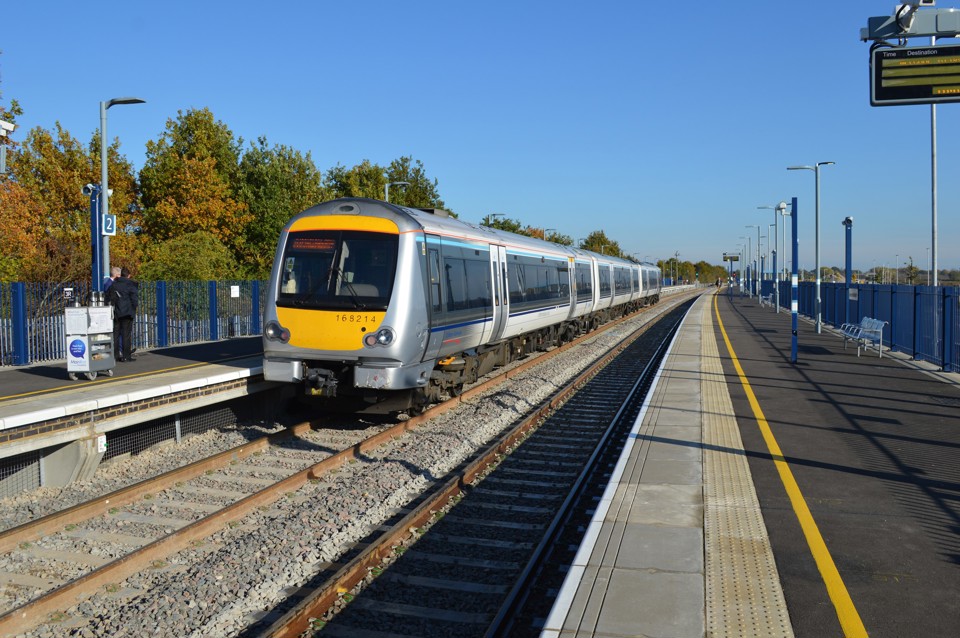The business case for building East West Rail has become even stronger as a result of the Coronavirus pandemic.
That’s according to East West Railway Company Chairman Rob Brighouse, who has described the project as a “game changer” in terms of its potential for job creation, despite the precipitous drop in rail passenger numbers since March.
Speaking at England’s Economic Heartland’s annual conference on September 15, Brighouse also pointed to the vital role being played to defeat the virus by scientists based at either end of the EWR route - in Oxford and Cambridge.
He said it was a reminder of how enhancing connectivity across the Oxford-Milton Keynes-Cambridge arc would have national as well as regional benefits.
“In the post-COVID-19 world, the importance of what we’re doing is increased even further,” he said.
“EWR will be a game changer because we have a corridor that is already a massive contributor to the UK economy. We have Oxford and Cambridge with their life sciences, which are extremely topical at the moment, and Milton Keynes and Cranfield with aerospace and advanced engineering.
“Let’s be clear - none of these industries can thrive on home working. People will need to travel and visit laboratories. EWR will be essential in maintaining this economic advantage and in maintaining the high quality of life for those who do or will live on the route.”
Built in three phases, EWR is expected to open in full by the end of the decade.
The western section between Oxford and Bicester was completed in 2016, while phase two from Bicester to Bedford, Milton Keynes and Aylesbury was given the go-ahead by government in February.
- For the FULL story, read RAIL 915, published on October 7, and available digitally from October 3.


















Login to comment
Comments
No comments have been made yet.